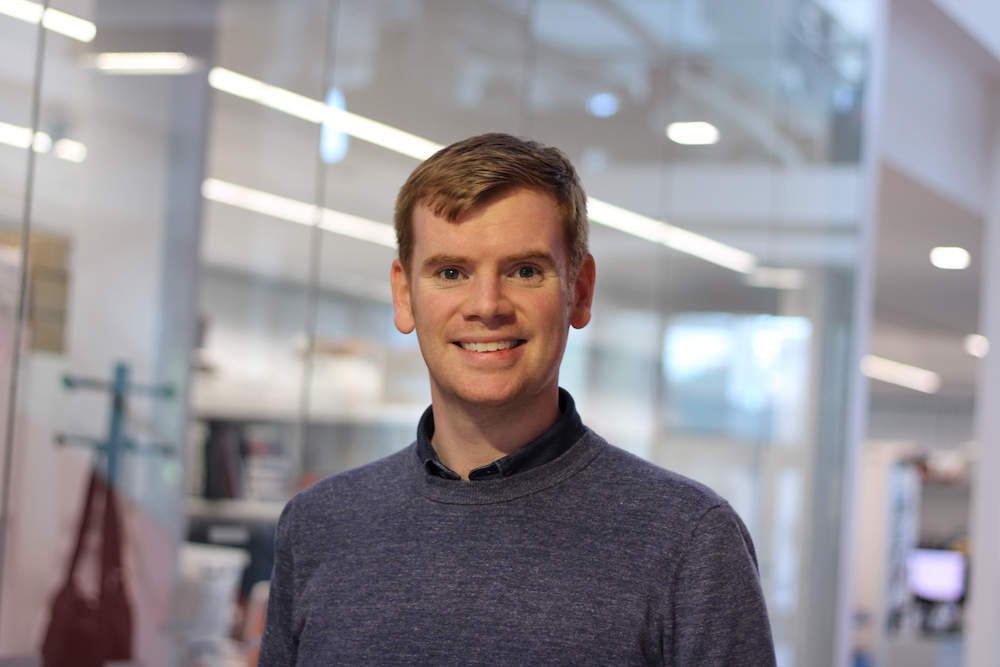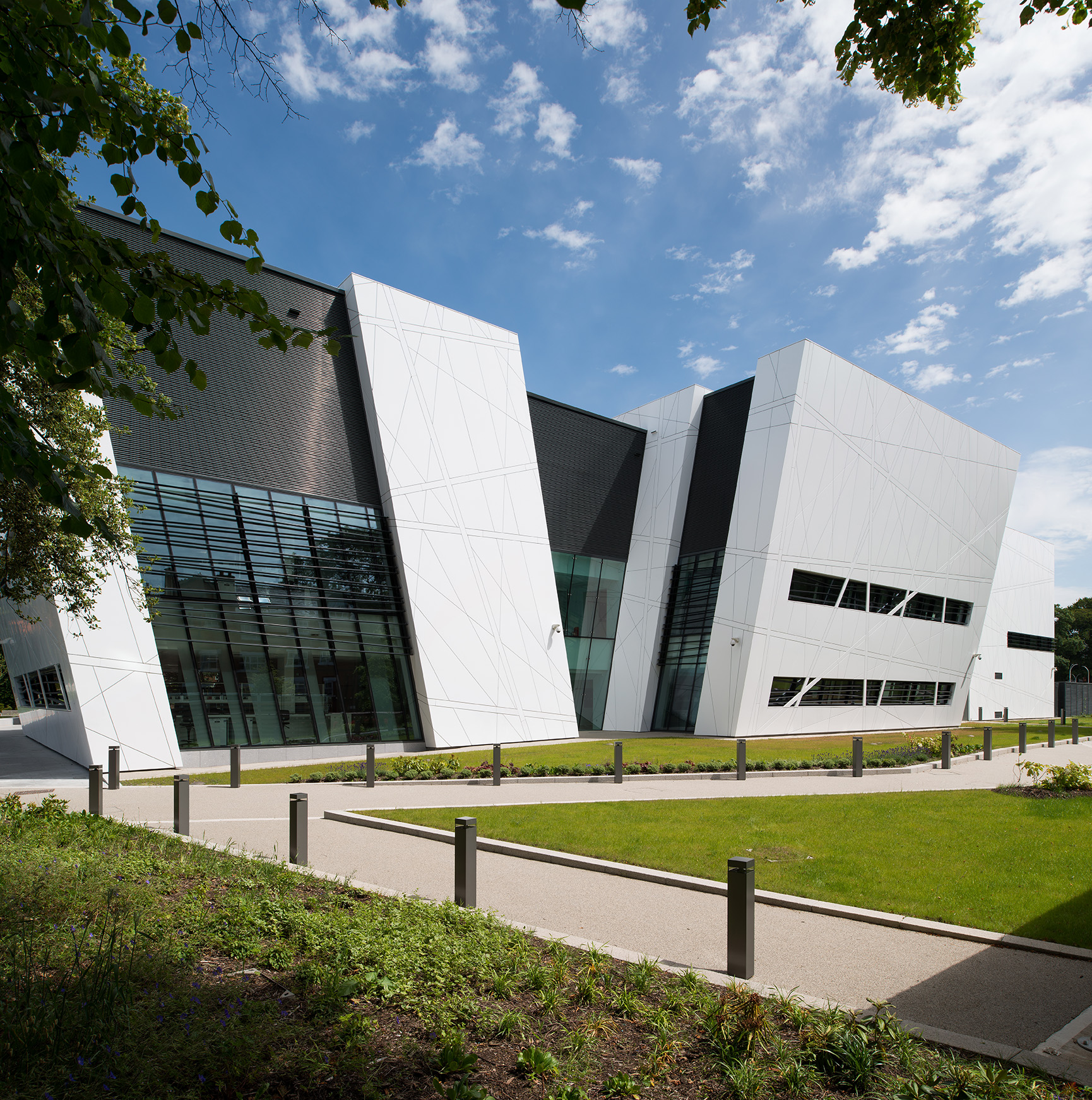Closing date: 15/11/2024
Clinical Research Training Fellowship Project: Sugarcoating a bitter pill: Identifying how mucinous tumours use glycobiology for chemoresistance
Lead Supervisors: Dr John Knight
Co-Supervisors: Prof. David Thornton, Dr Paul Sutton
Applications Deadline: Friday 15th November 2024
Interviews: Friday 17th January 2025
Clinical Research Training Fellowship start date: September 2025
Project Keywords: Mucinous tumours; Chemotherapy resistance; Glycobiology
Research Opportunity: Clinical Research Training Fellowship leading to the award of PhD
Project Outline
Mucinous colorectal cancers are easily identifiable early in a patient’s care due to their extracellular glycan (sugar)-dominated mucus, which accounts for more than 50% of tumour volume. This early identification and the unique changes in the biology that separate mucinous from non-mucinous disease should empower precision medicine. However, no specific treatments exist for mucinous colorectal cancers. Instead, patients follow the same pathway as those with non-mucinous colorectal cancers. Unfortunately, on these parallel care pathways patients with mucinous disease have a significantly worse survival than those with non-mucinous colorectal cancer, in part due to a poorer response to chemotherapy.
Laboratory evidence has shown that cells from mucinous tumours are not innately resistant to chemotherapeutic agents, but rather that the glycan-rich mucus they secrete provides them with a chemoprotective microenvironment. We therefore need to develop specific therapies to target the innate biology of mucinous colorectal cancers to refine or replace the current treatments. To do this we first need to understand the chemoprotective microenvironment generated by mucinous tumours, then find ways to alter this for patient benefit. This project will make this step to improve clinical outcomes.
The student will join an interdisciplinary team using the unique opportunities available within the Manchester cancer research ecosystem to advance our knowledge of mucinous colorectal cancer. A partnership between academic research labs at The University of Manchester and surgical consultants at The Christie Hospital will isolate mucus from patient tumours and build on our existing living biobank of mucinous colorectal cancer. The student will leverage these resources to catalogue what chemoprotective mucus is made from, how these biomolecules interact with chemotherapy agents and identify targetable pathways required for mucus production. The student will gain extensive skills in molecular and cellular biology and importantly, an understanding of the glycobiology in colorectal cancer.
Applications for this project are now open. Please complete your application on The University of Manchester website.
About Dr John Knight (project Lead Supervisor)
The Knight lab researches subtypes of colorectal cancer with unmet clinical needs. This includes tumours with specific driver mutations or physical properties. The lab collaborates closely with clinicians from The Christie Hospital to analyse patient tumours using cutting–edge biochemical and molecular methods. The aim of the lab is to develop innovative models and methods to solve specific clinically relevant problems for the benefit of cancer patients.

Key information
Before submitting an application, please ensure you have read the information below about the funding arrangements and eligibility for the Leeds-Manchester Clinical Research Training Fellowships.
We also encourage you to get in contact with the lead supervisor to discuss the project and any particulars.
Further information is available on the Clinical Research Training Fellowships webpage.
The clinical fellowships are usually tenable for three years, although in certain circumstances they may be four years duration.
The Fellowship covers:
- running expenses,
- an appropriate salary in line with the applicant’s current salary and grade
- full coverage of University PhD fees at the UK/home fee rate.
International Candidates
The University of Manchester aims to support the most outstanding applicants from outside the UK.
We are able to offer a limited number of bursaries to high-performing EU and international candidates, covering PhD fees only. Bursaries do not include financial support for visa/health surcharges.
We assess each EU and international candidate’s suitability for a bursary at the application and interview stages.
You must be a post-registration clinician, and ideally have a specialist post in a related subject, to apply for our Clinical Research Training Fellowships.
You should also hold, or be about to obtain, a minimum upper second class (or equivalent) undergraduate degree in a relevant subject. A related master’s degree would be an advantage.
It is generally expected that CRTFs will return to a training programme in the UK upon completion of their research degree.
International applicants (including EU nationals) must ensure they meet the academic eligibility criteria (including English Language) before contacting potential supervisors to express an interest in their project. Eligibility information can be found on the University’s Country Specific information page.
Key dates
- Applications open: 11th October 2024
- Application deadline: 15th November 2024
- Interviews: 17th January 2025
- Start date: September 2025
Useful Links
Submit your application
Interested in applying for this opportunity? Go to The University of Manchester website to submit your application.
Clinical Research Training Fellowships
Discover our various opportunities for clinicians looking to undertake a period of PhD training in a cancer-relevant field.
Get in Touch
Contact Dr Georgina Binnie-Wright, Postgraduate Programme Manager.
Researcher Stories
Read first-hand experiences of from cancer scientists from across Manchester.
Why Manchester?
Find out why postgraduate students choose to study in Manchester.
A Day in the Life of a Clinical PhD Student
Watch our short video to see what it's like to be a Clinical Research Training Fellow in Manchester.





